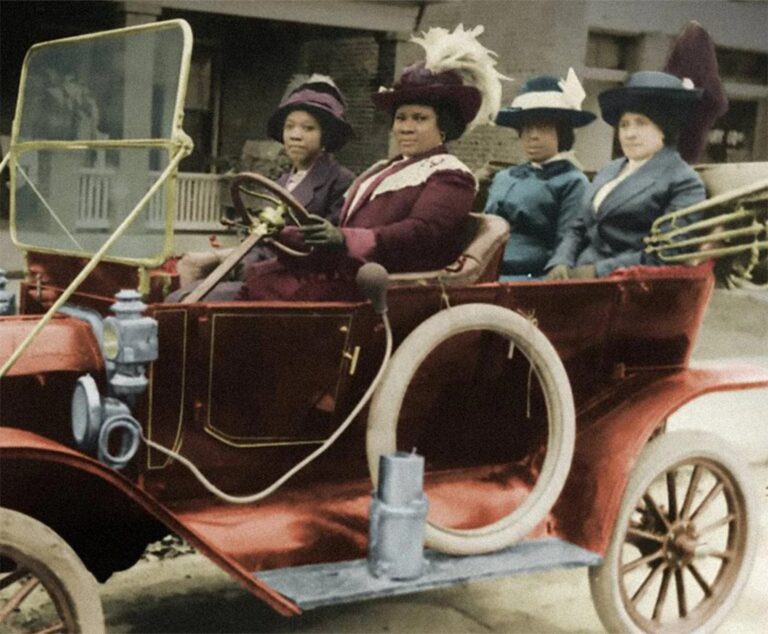Stop Searching, Start Signing: Your Slightly Saner Guide to Finding a Talent Agent
Alright, superstar-in-the-making! You’ve honed your craft, maybe you’ve even got a few local theatre credits or a killer portfolio. Now you’re dreaming of the big leagues, and that usually involves one mythical creature: the Talent Agent.
Finding one can feel like searching for a unicorn who also happens to return emails. It’s tough, confusing, and sometimes downright demoralizing. But fear not! While there’s no magic wand, there is a strategy. Forget throwing spaghetti at the wall; let’s get tactical (and try not to lose our minds).
Here’s your action plan to attract the right agent:
Phase 1: Get Your ducks in a Row (Before They Fly Away)
- Assemble Your Professional Toolkit (aka Your “Look How Awesome I Am” Package):
- Action: Invest in professional, industry-standard headshots. Not your cousin’s iPhone pics. For actors: show your range (commercial vs. legit). For models: clear body shots and face shots. Musicians: high-quality press photos.
- Action: Craft a clean, professional resume formatted correctly for your industry. Highlight relevant experience, training, and special skills (only list skills you actually have – juggling chainsaws is impressive, but only if true).
- Action: Create a compelling demo reel (actors/performers) or portfolio (models/artists/writers). Keep it short, high-quality, and showcase your best work first. No one has time for a 10-minute interpretive dance unless it’s mind-blowing.
- Insight: Your materials are your first impression. Make them professional, concise, and easy for a busy agent to review. They should scream “I take this seriously,” not “I made this during my lunch break.”
- Don’t Forget: If your headshot features a distracting background prop (like a photobombing squirrel), maybe rethink your choices.
- Know Thy Agent (and What They Actually Do): Research is Your Best Friend:
- Action: Identify legitimate agencies in your market that represent talent at your level and in your specific niche (e.g., theatrical, commercial, voice-over, modeling, literary). Don’t submit to a top film agent if you’re a non-union commercial actor just starting out.
- Action: Use resources! Check the SAG-AFTRA signatory agency list, IMDbPro (worth the investment for research), agency websites, and reputable industry directories. See who represents talent similar to you.
- Action: Understand what agents do. They pitch you for auditions/jobs, negotiate contracts, and offer guidance. They are not your publicist, manager (usually a different role focused on career development), or therapist.
- Insight: Submitting blindly is a waste of everyone’s time. Targeted, informed submissions show you’ve done your homework and respect the agent’s specific focus.
- Don’t Forget: Sending your Avant-Garde performance art reel to an agent who only handles soap opera actors is… a bold choice. Probably not a winning one.
Phase 2: Making Contact (Without Being That Person)
- The Approach: Networking, Referrals, and the Polite Submission:
- Action: Prioritize referrals. A recommendation from a trusted industry contact (casting director, acting coach, fellow performer already represented) is the best way to get an agent’s attention. Network genuinely within your industry.
- Action: If submitting cold, follow the agency’s submission guidelines exactly. Check their website. If they say email only, don’t mail a giant printed portfolio. If they ask for specific materials, provide them. Keep your cover letter concise, professional, and personalized (mention why you’re submitting to them specifically).
- Action: Consider industry showcases or reputable (key word: reputable!) agent workshops if they are known for actually finding talent and not just taking money. Research these opportunities carefully.
- Insight: Agents are inundated. Make it easy for them. A professional, targeted submission following their rules respects their time and increases your chances of being reviewed.
- Don’t Forget: Showing up unannounced at an agency with muffins might seem charming in a movie, but in reality, it’s more likely to get you escorted out by security. Stick to email.
- Impress in the Inbox (and If You Get a Meeting): Professionalism is Non-Negotiable:
- Action: Use clear subject lines (e.g., “Submission – [Your Name] – [Your Type/Niche]”). Keep emails brief and to the point. Proofread everything!
- Action: If you get a meeting request: Respond promptly, be prepared, be professional, be yourself (the best version), and have thoughtful questions ready.
- Action: Understand that “no response” is often the response. Follow up once, politely, after a reasonable amount of time (check agency guidelines, maybe 4-6 weeks), then move on. Don’t hound them.
- Insight: Your communication is part of your audition. It shows if you’re reliable, respectful, and easy to work with.
- Don’t Forget: Sending a follow-up email every day is less “persistent professional” and more “potential restraining order.”
Phase 3: Protecting Yourself & Playing the Long Game
- Spotting Sharks: How to Avoid Scams & Agent Red Flags:
- Action: NEVER pay upfront fees for representation. Legitimate agents earn commission (typically 10-20%) after they get you paying work.
- Action: Be wary of agents who demand you use their specific photographer, or require you to pay for expensive classes they offer as a condition of representation. That’s often a conflict of interest and a money-making scheme.
- Action: Check if the agency is licensed (if required in your state/country) and affiliated with professional unions (like SAG-AFTRA). Look for professional websites and affiliations.
- Action: Trust your gut. If something feels off or too good to be true, it probably is.
- Insight: Predatory individuals prey on dreams. Protect yourself by knowing the difference between a legitimate business practice and a scam.
- Embrace the Marathon: Patience, Persistence, and Perfecting Your Craft:
- Action: Keep training! Take classes, workshops, work on your skills. The best way to attract an agent is to be undeniable talent they can’t ignore.
- Action: Keep working! Create your own projects, audition for local theatre, student films, indie projects – anything to gain experience, build your resume, and get new footage/material.
- Action: Understand that finding the right agent takes time. Rejection is part of the process. Don’t take it personally; learn from it and keep moving forward.
- Insight: An agent wants proactive, dedicated talent. Show them you’re serious about your career, even before you have representation.
- Funny Bit: Think of rejection letters (or silence) as fuel. Slightly bitter, high-octane fuel for your creative fire.
Finding a talent agent is a significant step, but it’s just one part of building a career. Focus on being the best talent you can be, operate with professionalism, do your research, and protect yourself. The right connection will happen when preparation meets opportunity. Now go break a leg (figuratively, please)!














+ There are no comments
Add yours